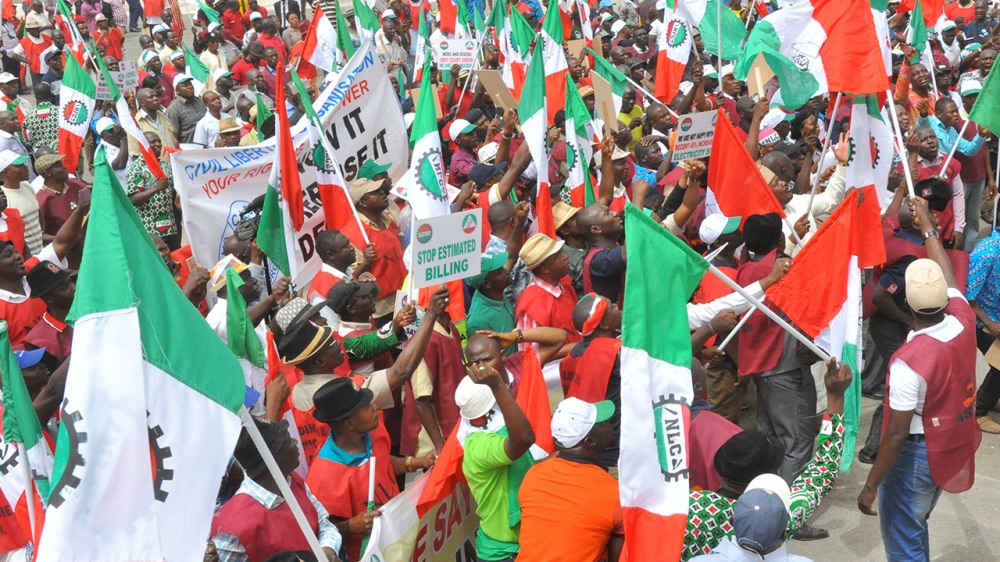LAGOS, Nigeria – The Nigerian Labour Congress, NLC, has expressed concerns that the recently inaugurated Dangote Petrol Refinery may not entirely fulfill the country’s fuel needs or lead to a significant reduction in petroleum product prices.
Joe Ajaero, the NLC President, addressed the issue on Channels Television’s Sunrise Daily program on Wednesday, May 31, 2023, amid ongoing controversy around the removal of fuel subsidies.
Ajaero commended the Dangote Refinery’s establishment but questioned its capacity to resolve the nation’s petroleum sector’s issues. He said, “I commend Dangote Refinery but the provision of having dictatorship of the market especially in the private sector is dangerous.
Now that is what we are experiencing in the area of cement production. What is Dangote Refinery going to produce? Will it be enough?”
Ajaero raised further questions about the refinery’s potential market monopoly, underscoring the need for more competition within the sector.
“He has done enough to build a refinery. If three or four companies like that are refining then you are talking of competition,” Ajaero added.
This discussion takes place in the wake of President Bola Tinubu’s Monday announcement that fuel subsidies have been eliminated, a declaration that triggered immediate fuel scarcity across Nigeria due to panic buying.
Nevertheless, Ajaero was clear that the Labour’s position is not against good intentions, but calls for viable alternatives alongside such policy changes.
He suggested a focus on repairing the nation’s four refineries and providing alternative means of transportation for Nigerian workers.
“The pronouncement by Mr President is as good as law and if in the process we make a law that is not practicable, the same people that made the law can look at it,” Ajaero stated, calling for a review of the President’s declaration.
The NLC leader emphasized the importance of leadership empathy, asking, “Does it bring pleasure to us to say subsidy is gone and people start suffering? Is it not part of leadership for us to look at how the suffering of the people can be reduced?”







